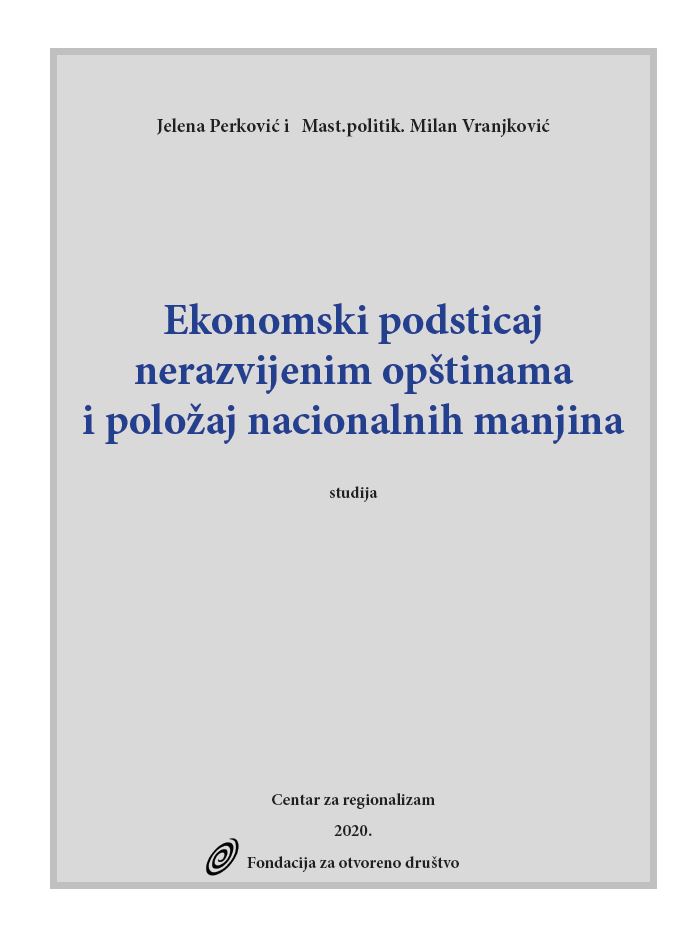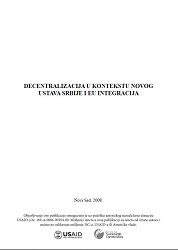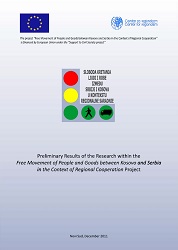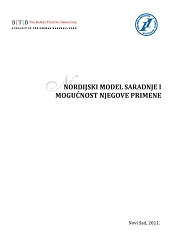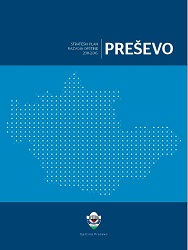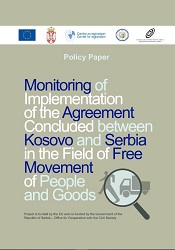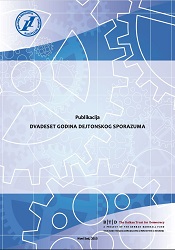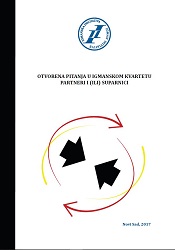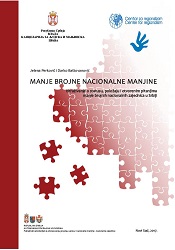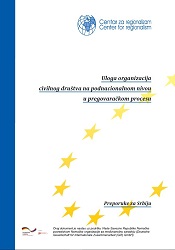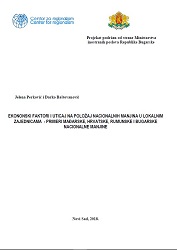NORDIJSKI MODEL SARADNJE I MOGUĆNOST NJEGOVE PRIMENE
Author(s): / Language(s): English,Serbian
Keywords: The Nordic model of cooperation; regional cooperation; Western Balkans;
Regional cooperation in the Balkans, and particularly within the ”Dayton Four“, made a significant progress in recent years. It was particularly driven by a more decisive trying for war crimes, being a key assumption of reconciliation following the conflicts in earlier periods, a more efficient joint fighting crime and corruption – through a much better cooperation of judicial bodies and the police of the countries of this reigon, better economic linking and a more successful economic cooperation by turning the region in a free-trade zone, as well as an overall progress of all countries in European integration process which itself enables and encourages such cooperation. The prevailing context of regional cooperation significantly improved, and in particular the overall political climate, as well as the political will of the leading political figures to have good relations with neighbours. In spite of undoubted results, many of which were inconceivable only a few years ago, some old barriers to regional cooperation still exist, along with some new ones that were created meanwhile. Disagreements regarding the status of Kosovo and the constitutional solutions in Bosnia and Herzegovina are the best, i.e. the most difficult to overcome examples of old barriers, whereas the economic protectionism and again growing political nationalism, as consequences of bad responses to the current economic crisis – are the examples of the new ones. Neither earlier nor recently a satisfactory answer to old problems that cooperation in a region encounters following a promising growth, was not found. It is about an insufficient coordination of numerous initiatives and organisations, as well as about often vague priorities cooperation is to be governed by. There is a growing awareness that a regional cooperation is on a sui generis crossroad. Although the existing forms of cooperation and integration have not been fully utilised, there is a growing need for a new approach which would be a strong impetus both for the existing and possible new forms and ways of cooperation. Therefore, it is not about initial steps, which we all together, luckily, left behind us long time ago, but about a transition to an advanced, higher and a higher quality phase
More...
